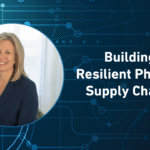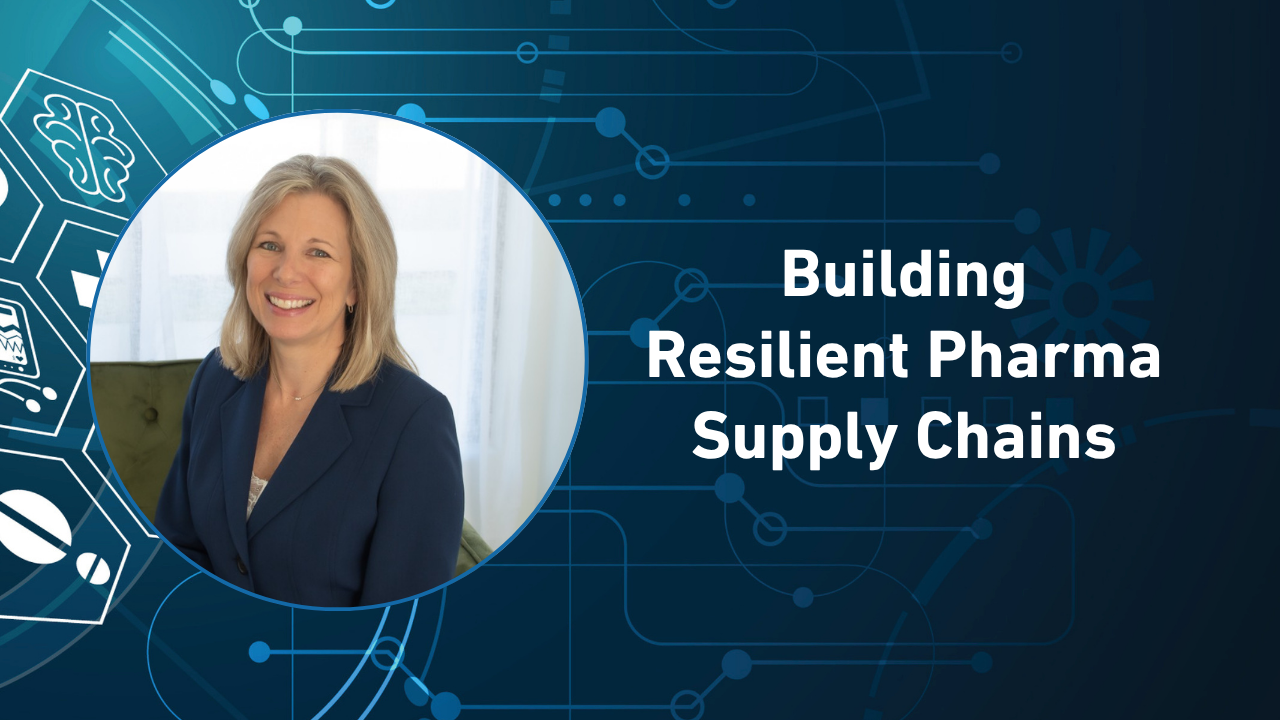We need to talk about something that keeps many of us awake at night but rarely gets said out loud in conference rooms: the pharmaceutical industry has a people problem. Not a pipeline problem, not a regulatory problem, but a fundamental crisis of purpose where profits have eclipsed patients in ways that contradict why most of us entered this field in the first place.
I’m writing this for everyone who works in pharma—from research scientists to sales representatives, from manufacturing teams to corporate strategy. If you’ve ever felt that uncomfortable tension between what you’re asked to do and what you know is right, this is for you. Because it’s time we stopped being silent.
We Got Into This for the Right Reasons
Most of us didn’t join pharmaceutical companies to optimize quarterly earnings or maximize shareholder value. We came because we wanted to heal, to innovate, to solve problems that matter. We were drawn to the promise of science in service of humanity. That calling doesn’t disappear just because we collect a paycheck from a publicly traded company.
But somewhere along the way, the industry normalized a dangerous substitution: people became “patient populations.” Individual suffering became “market opportunities.” Life-saving medications became “revenue streams.” And those of us who see it happening every day learned to stay quiet, to be pragmatic, to accept that “this is just how business works.”
It doesn’t have to be.
The Cost of Silence
When we stay silent about pricing strategies that put medications out of reach, we’re complicit. When we don’t push back on marketing campaigns that prioritize volume over genuine medical need, we’re complicit. When we accept that entire diseases get ignored because they don’t affect profitable demographics, we’re complicit.
The consequences aren’t abstract. They’re the patient who rations insulin. The family that declares bankruptcy to afford cancer treatment. The rare disease that remains unstudied because there aren’t enough sufferers to justify investment. These aren’t failures of the healthcare system happening somewhere else—they’re outcomes of decisions made in our buildings, by our colleagues, often with our silent assent.
The False Choice
We’re often presented with a false dichotomy: either accept profit-driven decision-making or be naive about business realities. But this is a trap. Sustainable pharmaceutical companies can and should serve patients first. In fact, companies that genuinely prioritize patient outcomes often build stronger long-term value than those chasing short-term financial metrics.
The real naiveté is believing we can indefinitely maintain public trust while optimizing for profit extraction. The real business risk is thinking we can keep treating market segments instead of serving human beings without eventually facing a reckoning.
What Being a Change Agent Actually Means
Change doesn’t always require grand gestures. It starts with small acts of conscience:
Ask the uncomfortable questions. When someone presents a pricing model, ask: “Can our patients actually afford this?” When evaluating a clinical trial design, ask: “Are we including the populations who most need this treatment?” When reviewing marketing materials, ask: “Would we be proud to show this to the patients it’s targeting?”
Support colleagues who speak up. When someone raises ethical concerns, don’t let them be dismissed as “not understanding the business.” Their discomfort might be the conscience your team needs.
Document and report. Use the ethics hotlines and compliance mechanisms your company has. If they’re not responsive, that’s valuable information about your organization’s actual values.
Make decisions you can defend. Before signing off on anything, ask yourself if you could explain your reasoning to a patient looking you in the eye. If you can’t, don’t do it.
Remember your professional obligations. Many of us are scientists, pharmacists, or healthcare professionals with ethical codes that transcend our employment agreements. Those obligations don’t disappear at the office door.
The Change We Actually Need
Real transformation requires changing how we measure success. Patient outcomes should be weighted as heavily as financial metrics in performance reviews. Access and affordability should be central to strategic planning, not afterthoughts. Development decisions should include patient voices, not just market analyses.
This won’t come from outside pressure alone. It requires those of us on the inside to insist on it, to build it into our processes, to make it normal to prioritize humanity over market segments.
A Call to Conscience
If you work in pharma and you’re reading this feeling uncomfortable, good. That discomfort is your conscience reminding you why you’re really here. Don’t suppress it. Don’t rationalize it away. Let it guide you.
You have more power than you think. The analyst who questions a pricing assumption plants a seed. The scientist who advocates for a neglected disease shifts perspectives. The sales representative who refuses to push prescriptions where they’re not appropriate protects patients. The executive who insists on measuring patient impact changes culture.
None of us can transform the entire industry alone. But together, as people who actually do the work, make the products, and interact with patients and providers every day—we are the industry. If we collectively refuse to accept that profits must come before people, that refusal becomes reality.
It’s People, Not Market Segments
At the end of the day, pharmaceutical companies don’t exist to serve shareholders. They exist because people get sick and need help. The shareholders, the profits, the business models—these are means to that end, not ends in themselves.
Every pill we make, every injection we develop, every therapeutic breakthrough we achieve ultimately goes into a person. A human being with a name, a family, hopes, and fears. When we forget that, when we let them become data points and demographics, we lose the plot entirely.
We can do better. We must do better. And it starts with refusing to be silent about what we know is wrong.
The pharmaceutical industry desperately needs change agents. It needs people willing to challenge assumptions, question priorities, and insist on putting patients first—not as a marketing slogan but as an operational reality.
That change agent could be you. Today. Right now.
The question is: will you stay silent, or will you speak?
The views expressed here reflect a growing conviction among pharmaceutical professionals that our industry must evolve. If you’ve had similar thoughts or experiences, you’re not alone. The conversation about pharma’s purpose is happening—the question is whether we’ll have the courage to change what needs changing.










